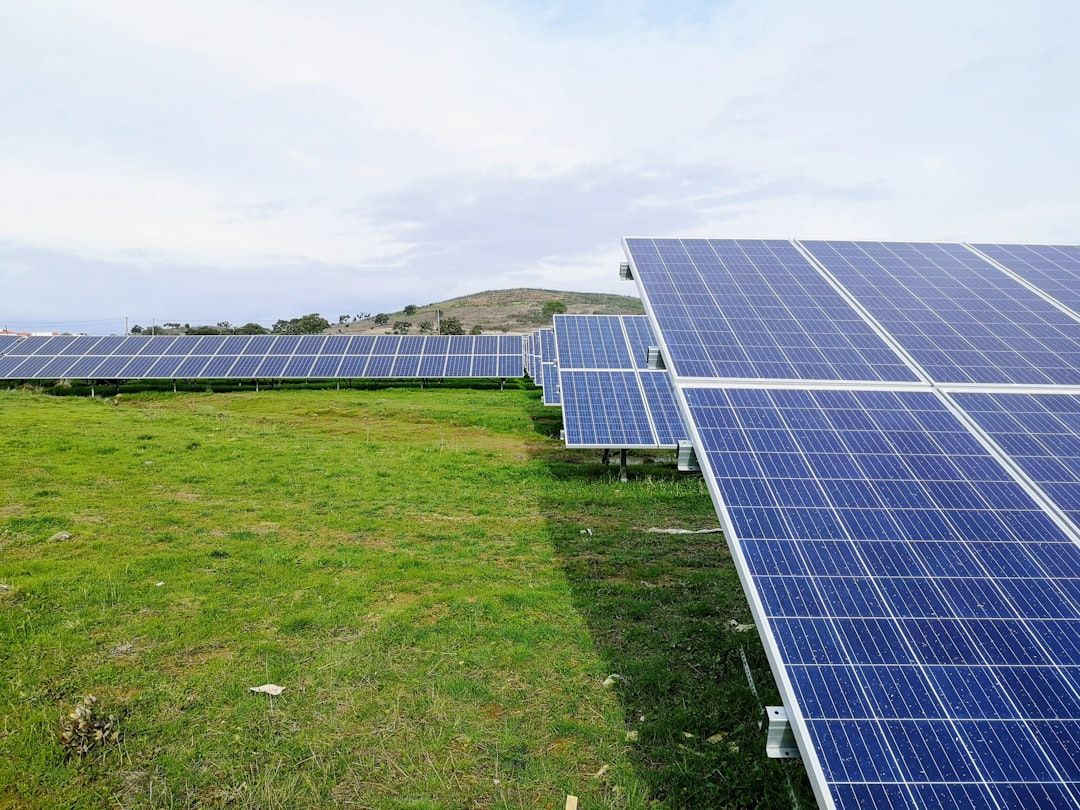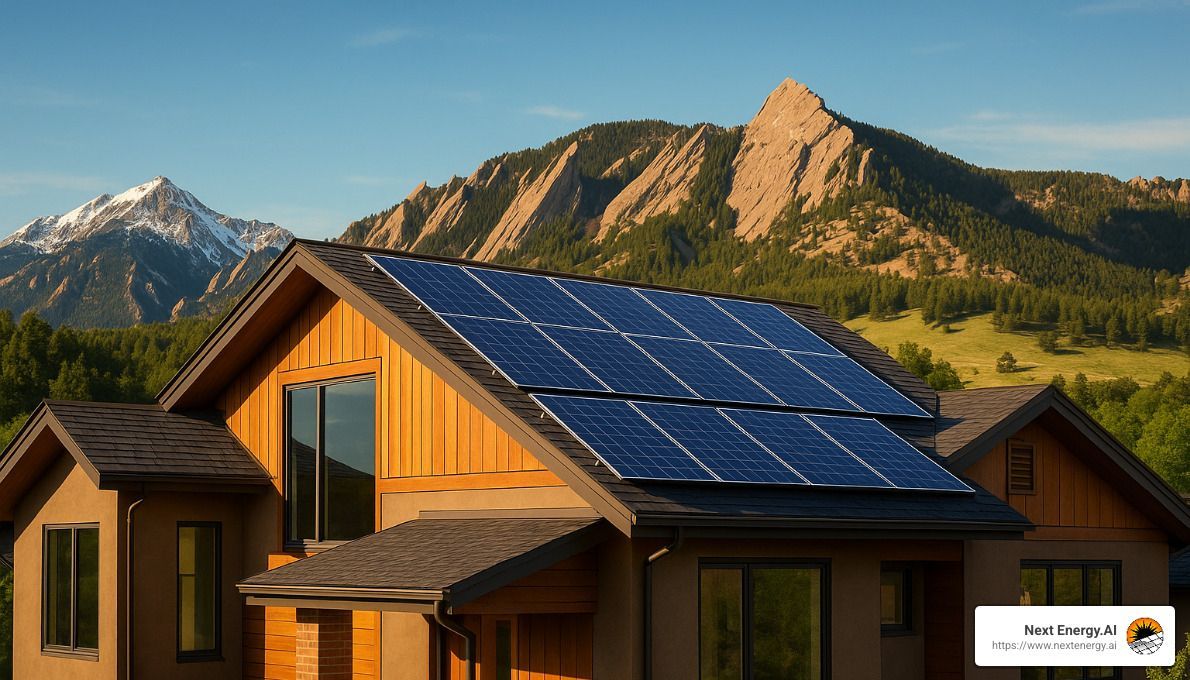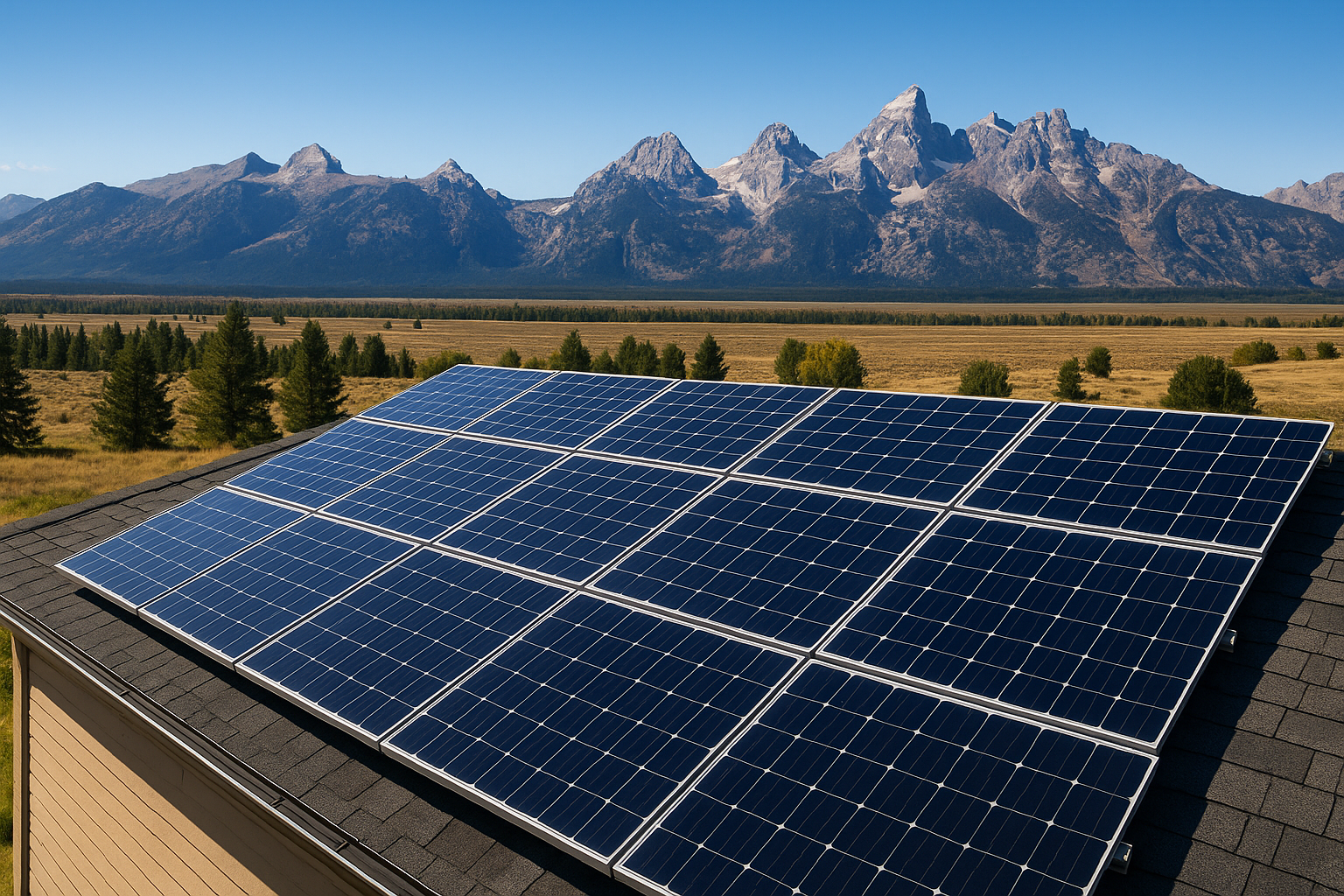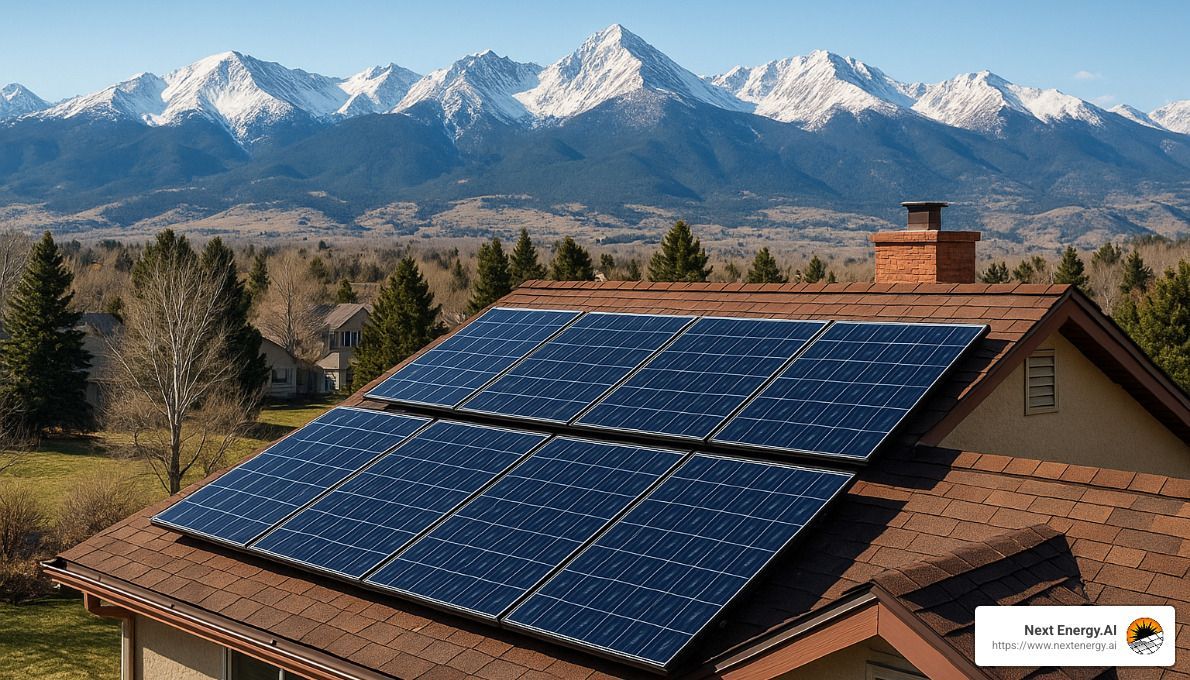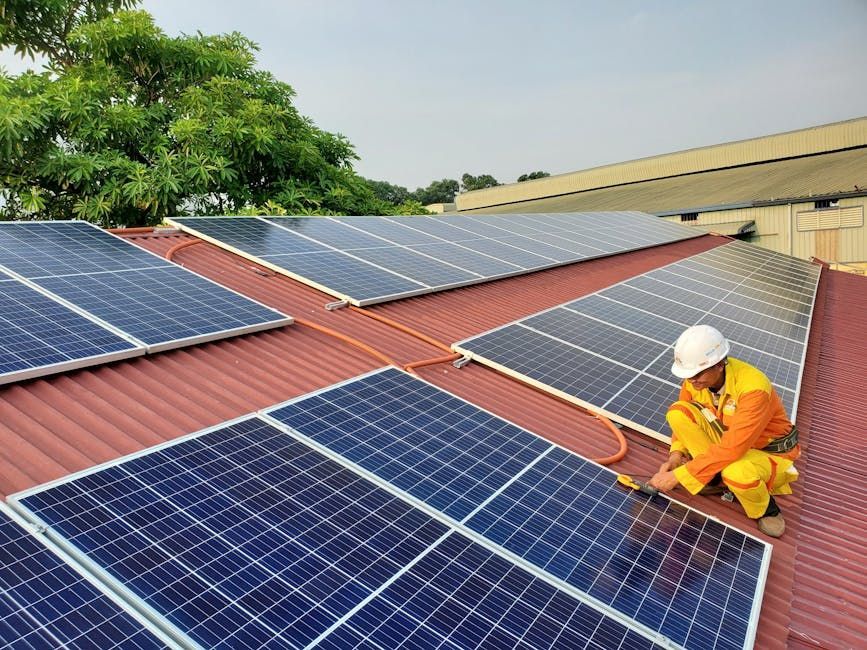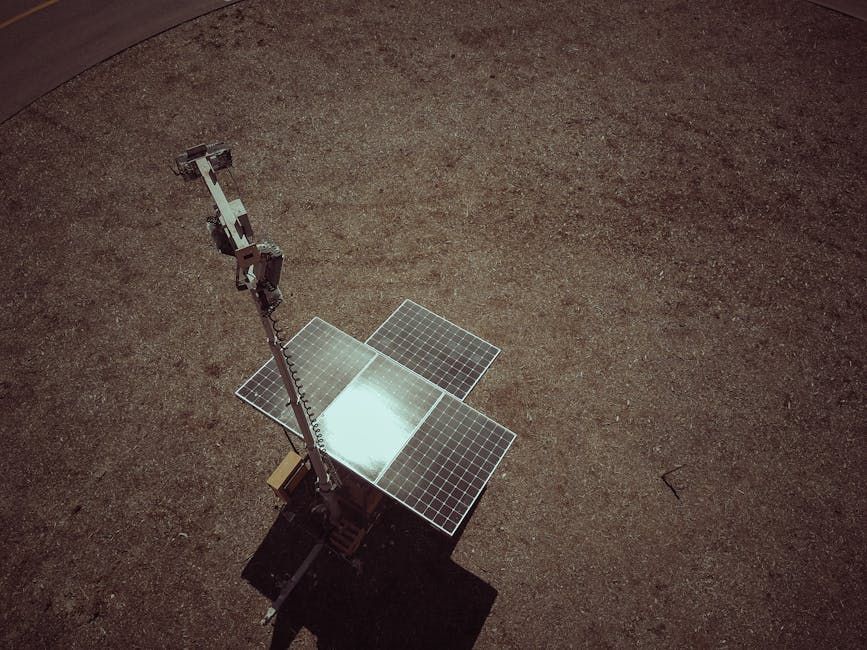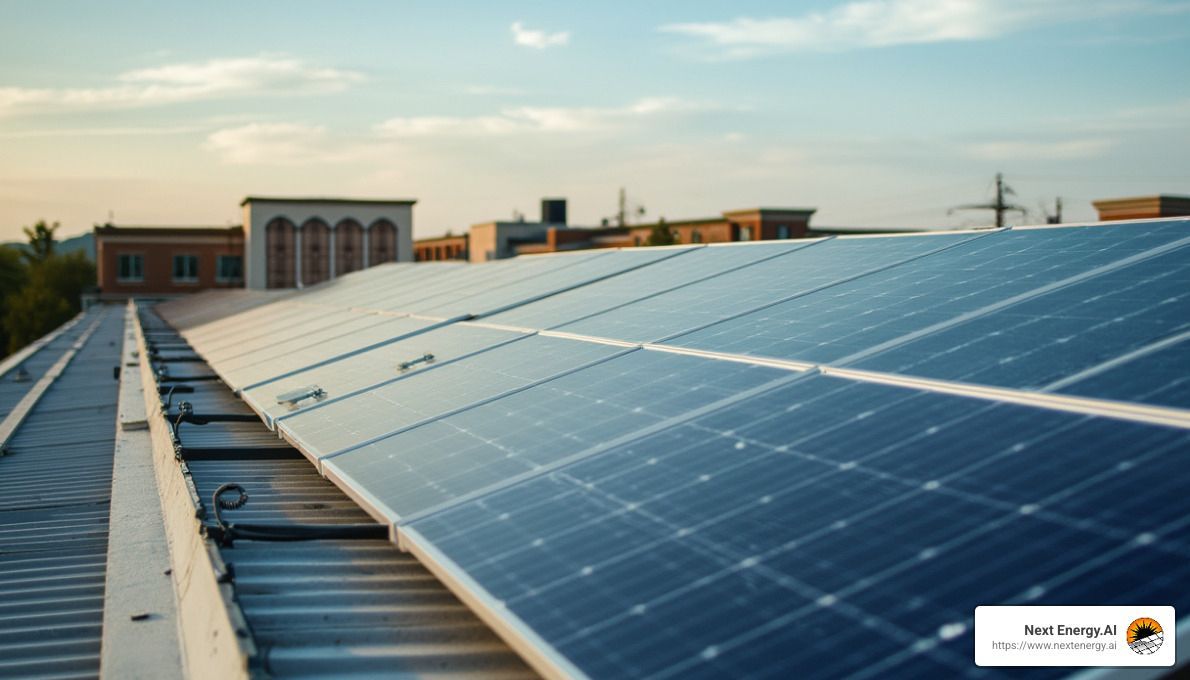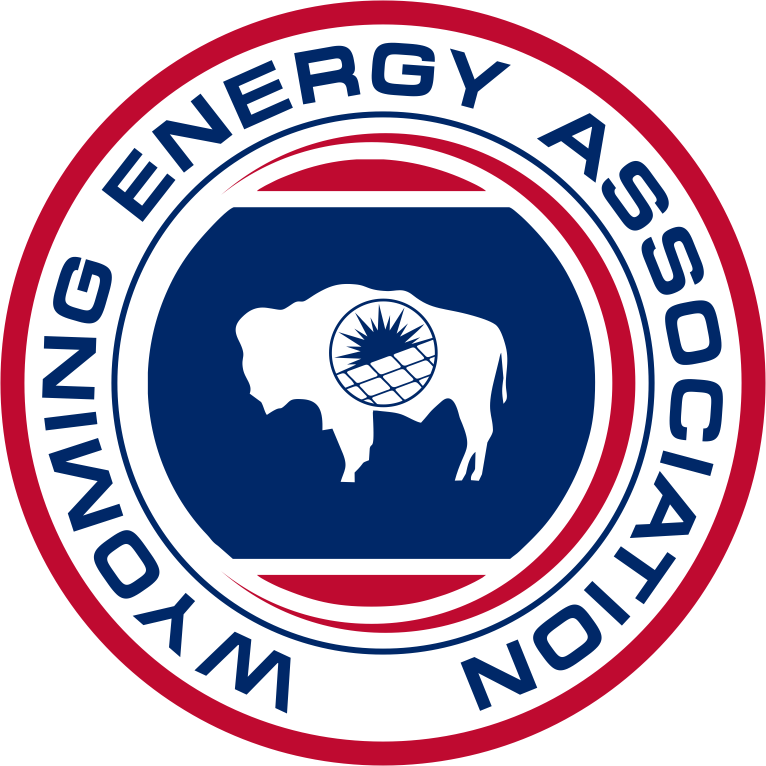Bright Ideas: A Guide to Commercial Solar Energy Storage
Commercial solar energy storage stands as a solution to three significant energy challenges: reducing costs, lowering carbon emissions, and ensuring reliable power supply. As businesses increasingly seek cleaner power solutions, investing in solar energy systems with integrated storage options becomes essential. Here's what you need to know:
- Cost Savings: Energy storage allows businesses to store excess solar power and use it when electricity prices are high, slashing energy bills.
- Energy Independence: Decrease reliance on the grid, particularly during peak hours, by utilizing stored solar energy.
- Environmental Benefits: Solar energy storage helps businesses meet sustainability goals by reducing carbon footprints.
- Reliable Power Supply: With storage, power is accessible during outages, ensuring consistent electricity flow to essential operations.
I'm Spencer Gordon, CEO of NextEnergy.ai, with years of experience in solar energy storage. I've championed efforts to bring efficient and sustainable energy solutions to homeowners and businesses in Northern Colorado and Southern Wyoming. At NextEnergy.ai, we're devoted to enhancing the usability and accessibility of commercial solar energy storage for eco-conscious communities.
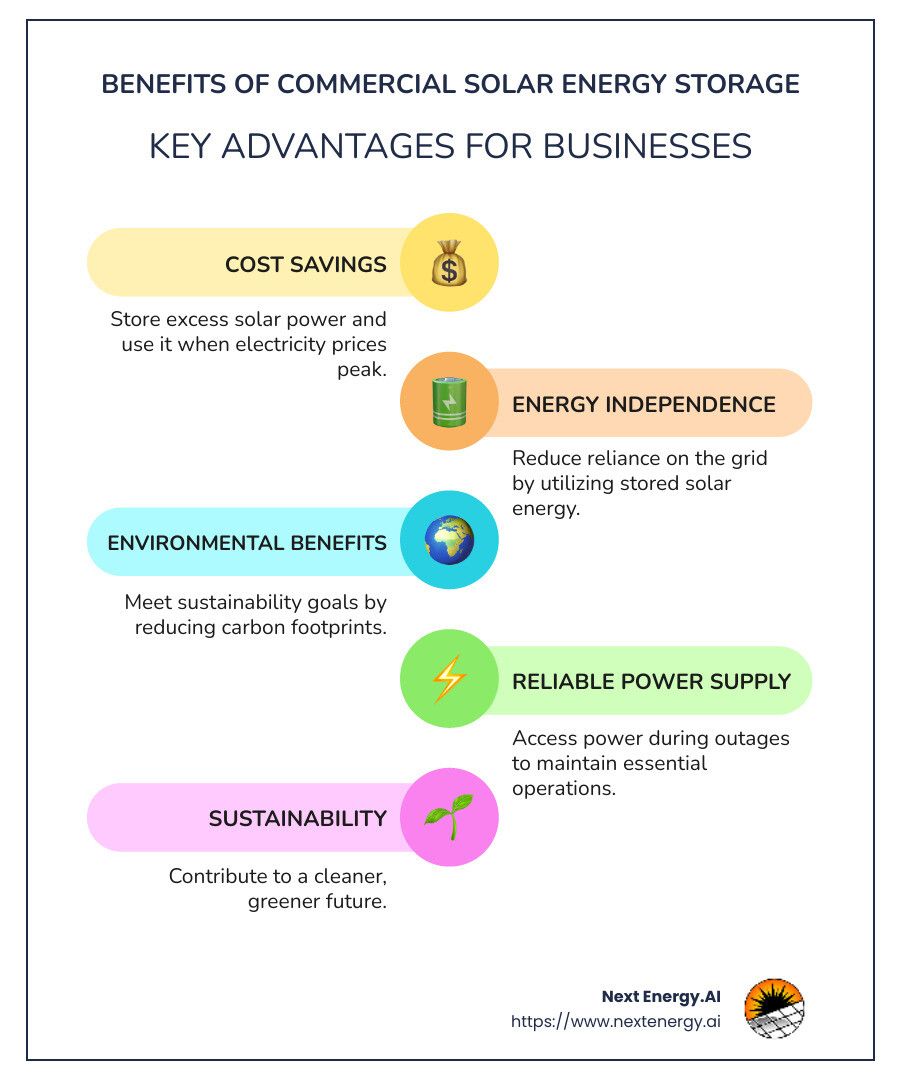
Understanding Commercial Solar Energy Storage
In the field of commercial solar energy storage, battery storage plays a pivotal role. It's the heart of the system, allowing businesses to store energy generated during sunny periods for use when the sun isn't shining. This stored energy ensures that operations can continue smoothly, even during peak demand times or unexpected outages.
Battery Storage and Renewable Energy
Battery storage systems are essential to using the full potential of renewable energy. By integrating batteries with solar panels, businesses can capture and store excess solar power generated during the day. This stored energy can then be used during the night or on cloudy days, ensuring a continuous supply of clean energy.
One of the most common types of batteries used in commercial settings is the lithium-ion battery. These batteries are favored for their efficiency, longer lifespan, and decreasing costs. As battery technology advances, these systems become more affordable and capable, making them an attractive option for businesses aiming to reduce energy costs and improve sustainability.
Meeting Energy Needs
Every business has unique energy needs, and commercial solar energy storage systems can be customized to meet these requirements. Whether a small retail store or a large manufacturing facility, storage solutions can be custom to ensure optimal energy management.
For instance, a business might use stored solar energy to power operations during peak hours when electricity rates are highest. This strategy, known as "peak shaving," helps reduce energy bills significantly. Moreover, businesses can achieve greater energy independence by relying less on the grid and more on their stored solar power. This independence is crucial during grid outages or in areas with unreliable electricity supply.
Why Choose Solar Energy Storage?
The choice to invest in commercial solar energy storage is driven by several factors:
- Cost Efficiency: By storing solar energy and using it during high-demand periods, businesses can avoid expensive utility rates.
- Sustainability: Solar storage systems contribute to environmental goals by reducing reliance on fossil fuels and lowering carbon emissions.
- Reliability: Stored energy acts as a backup during power outages, ensuring that critical operations remain unaffected.
In summary, commercial solar energy storage not only supports businesses in managing energy costs and achieving sustainability goals but also provides a reliable power source that adapts to their specific needs. As technology continues to evolve, these systems will become even more integral to the energy strategies of forward-thinking businesses.
Benefits of Commercial Solar Energy Storage
When it comes to commercial solar energy storage, the benefits are substantial and varied. Businesses can significantly reduce costs, gain energy independence, and align with sustainability goals. Let's break down these advantages:
Cost Reduction
One of the most immediate benefits of commercial solar energy storage is the reduction in energy costs. By storing excess solar energy, businesses can use it during peak demand periods, when electricity rates are highest. This practice, known as "peak shaving," can lead to substantial savings on utility bills.
Moreover, many businesses are eligible for government incentives, such as tax credits and rebates, which can offset the initial costs of installing solar and storage systems. The Inflation Reduction Act, for instance, offers tax incentives that could return 30% to 60% of the project costs, making solar storage an even more attractive investment.
Energy Independence
Commercial solar energy storage empowers businesses to become more energy independent. By relying less on the grid and more on their stored solar power, companies can mitigate the impact of fluctuating energy prices and reduce their vulnerability to power outages.
This independence is crucial for maintaining operations during grid disruptions, ensuring that critical business functions remain unaffected. With battery storage, businesses can continue to operate smoothly even when the grid is down, providing a reliable power supply that supports continuity and resilience.
Sustainability Goals
Adopting commercial solar energy storage is a powerful step toward achieving sustainability goals. By reducing reliance on fossil fuels, businesses can significantly lower their carbon footprint. This shift not only benefits the environment but also improves a company's reputation as a responsible corporate citizen.
Incorporating solar storage aligns with broader environmental objectives and corporate social responsibility initiatives. It demonstrates a commitment to sustainable practices and can be a key differentiator in today's eco-conscious market.
In summary, commercial solar energy storage offers a trifecta of benefits: it reduces costs, improves energy independence, and supports sustainability goals. As more businesses recognize these advantages, the adoption of solar storage solutions is set to increase, paving the way for a more sustainable and cost-effective energy future.
Types of Energy Storage Solutions
When it comes to commercial solar energy storage, understanding the various types of storage solutions is crucial. Let's explore the primary categories: electrochemical, thermal, and mechanical storage.
Electrochemical Storage
Electrochemical storage primarily involves batteries, which are the most common storage solution paired with solar power. These batteries store energy through chemical reactions. The most popular type is lithium-ion, known for its efficiency and long life. Other options include lead-acid and nickel-based batteries.
- Lithium-ion batteries: These are the industry standard due to their high energy density and declining costs. They are ideal for businesses looking to store large amounts of energy in a compact space.
- Lead-acid batteries: These are cost-effective and have been used for decades, though they offer shorter lifespans compared to lithium-ion.
Thermal Storage
Thermal storage is commonly used with Concentrated Solar Power (CSP) plants. It involves storing heat in fluids like molten salt or oil, which can be used to produce electricity even when the sun isn't shining.
- Molten salt systems: These store solar energy as heat, allowing CSP plants to generate electricity after sunset. They are highly efficient and can store large amounts of energy.
- Oil-based systems: These are simpler but less efficient than molten salt, suitable for smaller applications.
Mechanical Storage
Mechanical storage harnesses physical systems to store energy. While not as common as batteries, they offer unique advantages.
- Pumped-storage hydropower: This involves pumping water uphill when energy is abundant and releasing it to generate electricity when needed. It's a mature technology but requires specific geographic conditions.
- Flywheels and compressed air: These systems store energy in the form of kinetic or potential energy. They offer rapid discharge capabilities, making them suitable for grid stability applications.
Each type of storage has its own strengths and is suited to different applications. By choosing the right storage solution, businesses can optimize their solar energy systems for efficiency and reliability. In the next section, we'll explore how to implement these solutions effectively.
How to Implement Commercial Solar Energy Storage
Implementing commercial solar energy storage can seem daunting, but with the right approach, it becomes manageable and rewarding. Here’s how businesses can effectively integrate these systems.
System Integration
Integrating solar energy storage into your existing infrastructure is key to maximizing benefits. This involves connecting storage systems like batteries to your solar panels and energy management systems.
- Smart Energy Management: This technology optimizes energy use by monitoring production and consumption in real time. It helps businesses decide when to store energy and when to use it, ensuring efficiency and cost-effectiveness.
- Hybrid Inverters: These devices allow for seamless integration of solar panels and storage systems. They convert the direct current (DC) produced by solar panels into alternating current (AC) for use, while also managing battery charging and discharging.
Custom Solutions
Every business has unique energy needs. Custom solutions ensure that the storage system aligns with specific requirements.
- Scalability: Choose storage systems that can grow with your business. For instance, Sol-Ark’s commercial storage solutions offer scalable options from 40kWh to 9.6 MWh, making them adaptable to various energy demands.
- Custom Design: Work with experts to design a system that fits your operational needs. This might include specific battery types, integration with existing equipment, or specialized configurations for energy resilience.
Financing Options
The cost of implementing solar energy storage can be significant, but there are several ways to manage these expenses.
- Government Incentives: Take advantage of tax credits, grants, and rebates that can offset initial costs. These incentives make storage solutions more accessible and affordable.
- Flexible Financing: Explore financing options such as power purchase agreements (PPAs) or leasing. These arrangements allow businesses to pay for the system over time, reducing upfront costs.
- ROI Considerations: While initial costs may be high, the long-term savings on energy bills and protection against rising energy prices often result in a favorable return on investment.
By focusing on system integration, custom solutions, and smart financing, businesses can successfully implement commercial solar energy storage. This not only improves energy independence but also supports sustainability goals.
Frequently Asked Questions about Commercial Solar Energy Storage
Is solar energy storage worth it?
Absolutely! Investing in commercial solar energy storage offers several benefits that can make it a worthwhile investment for businesses.
- Resiliency: One of the main advantages is increased energy resiliency. Storage systems provide backup power during outages, ensuring that operations can continue without interruption. This is particularly crucial for businesses that can't afford downtime.
- Incentives: There are also numerous government incentives available. For instance, tax credits and rebates can significantly reduce the initial cost of installing solar storage systems. The 30% federal tax credit available in 2024 is a great example of such incentives.
Why can't solar energy be stored easily?
Storing solar energy presents unique challenges due to the nature of solar power production.
- Unpredictable Production: Solar energy generation is inherently variable. It's affected by factors like time of day, season, and weather conditions. This unpredictability makes it difficult to store solar energy consistently.
- Weather Changes: Weather plays a significant role in solar energy production. Clouds, rain, and snow can reduce the amount of sunlight reaching solar panels, impacting the amount of energy that can be stored. Advanced storage solutions help mitigate these fluctuations but cannot eliminate them entirely.
How much does solar storage cost?
The cost of solar storage systems can vary widely based on several factors.
- Cost per Unit: Prices for storage systems depend on the type and capacity of the storage solution. For example, a small-scale system might cost around $1,500, while larger, more sophisticated systems can go up to $10,000 or more.
- Warranty: When considering costs, it's important to factor in the warranty offered by the manufacturer. A good warranty not only provides peace of mind but can also ensure long-term savings by covering potential repair costs.
Overall, while the initial investment in solar storage can be high, the long-term savings and benefits often outweigh these costs. With the right incentives and a strategic approach, businesses can make solar storage a cost-effective part of their energy strategy.
Conclusion
At Next Energy.AI, we're committed to changing the way businesses harness solar power. Our AI-improved solar solutions are designed to optimize energy usage, making them a smart choice for companies aiming to achieve energy independence and sustainability goals.
Why Choose Next Energy.AI?
Our unique approach integrates advanced AI technology with solar energy systems, allowing for smarter energy management. This means your solar panels do more than just capture sunlight—they become part of an intelligent network that adapts to your business's specific energy needs.
Key Benefits of Our Solutions:
- Optimized Energy Usage: Our AI-improved systems continuously analyze energy patterns to ensure optimal energy consumption. This not only reduces waste but also maximizes the return on your solar investment.
- Scalability: Whether you're starting small or planning for future growth, our solutions can scale to meet your evolving needs. This flexibility ensures that your energy system can grow alongside your business.
- Reliability: With advanced monitoring and diagnostics, our systems provide real-time insights, allowing for proactive maintenance and ensuring uninterrupted operations.
By choosing Next Energy.AI, you're not just investing in solar energy—you're investing in a future where energy is smarter, cleaner, and more efficient. Our solutions are designed to help businesses in Northern Colorado and Southern Wyoming thrive in a sustainable way.
Ready to explore how our solar solutions can benefit your business? Learn more about our solar panel installation services and take the first step towards a brighter, more sustainable future.
